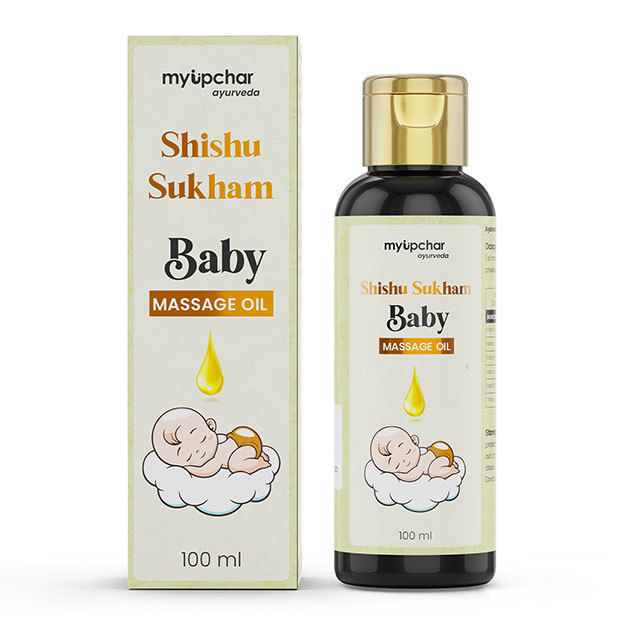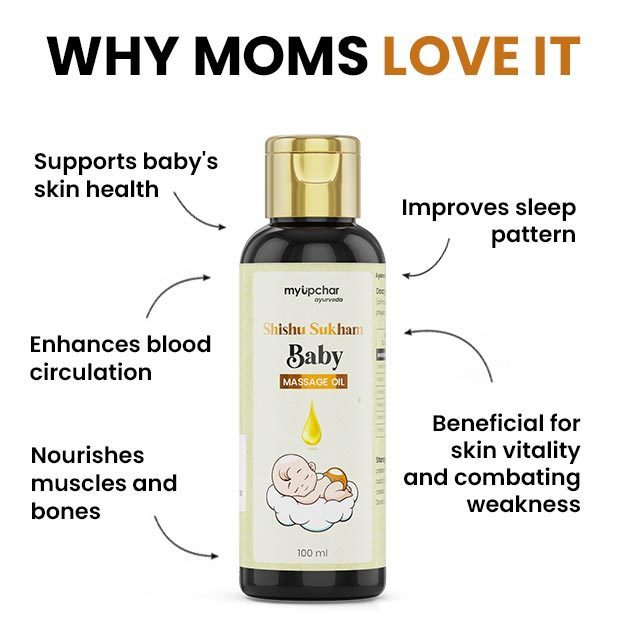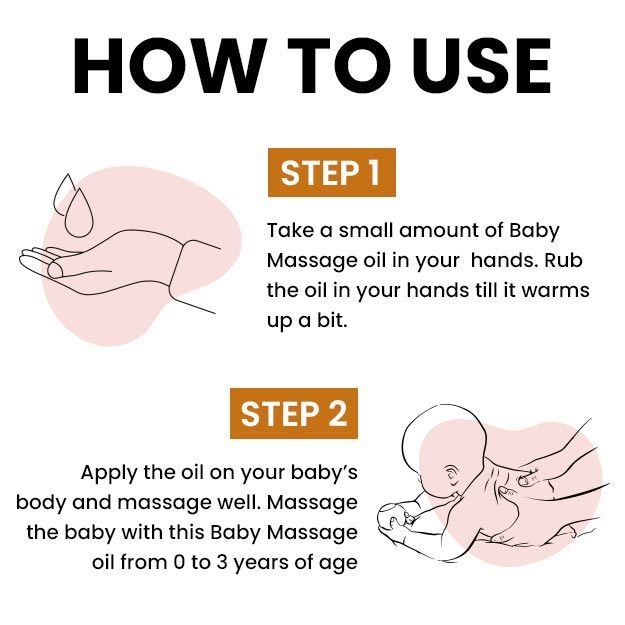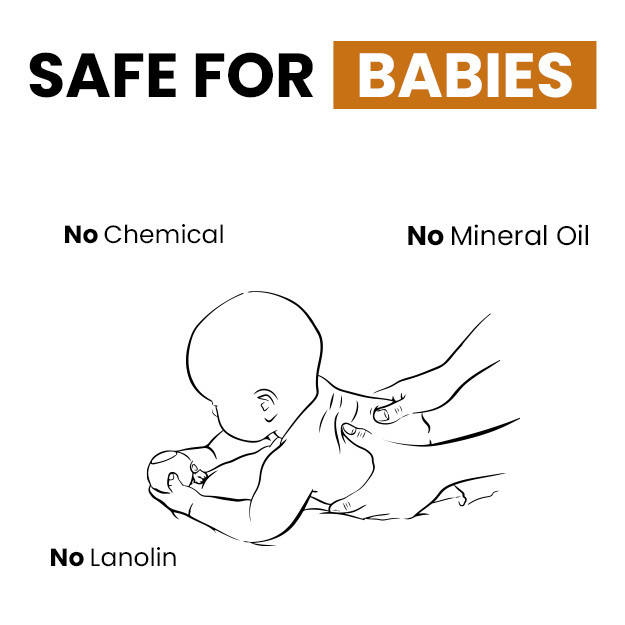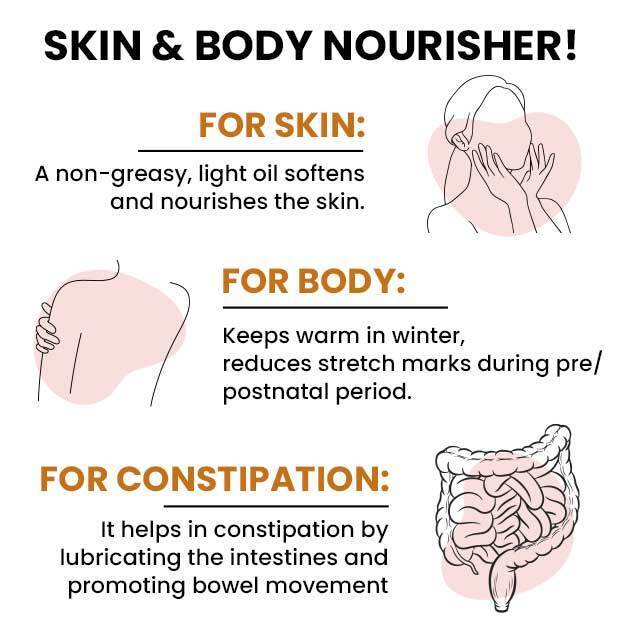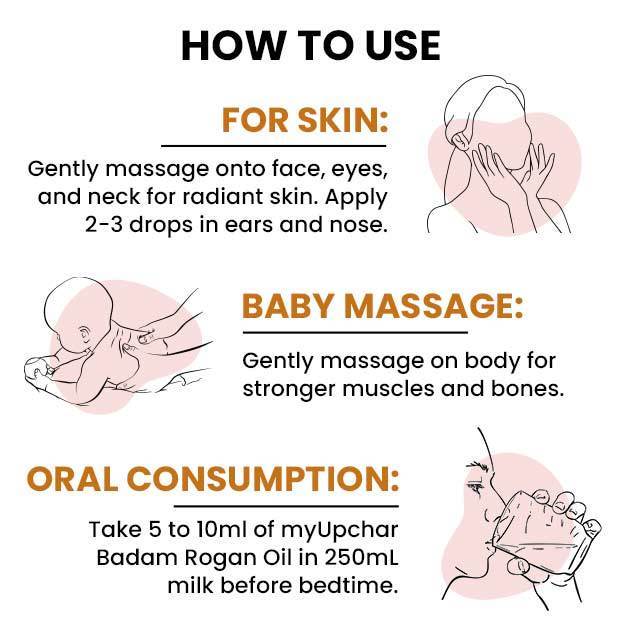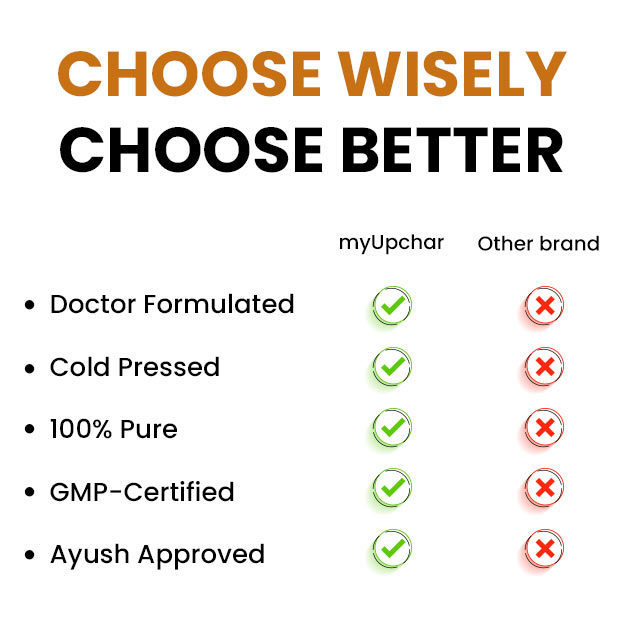When the child is very young, he faces many problems. Vomiting is a common problem in newborns. Usually vomiting in babies does not indicate any serious problem. In most newborns, the problem of vomiting gets cured on its own with time. Parents also get upset due to frequent vomiting of the baby. The problem of vomiting in newborns is being explained in detail further. Along with this, you have been told about the types of vomiting in newborns, causes of vomiting in newborns, remedies to cure vomiting in newborns, what to do and feed after the baby vomits, how to prevent the newborn baby from vomiting and medicine to stop vomiting in the baby etc.
(Read more - Acid reflux in babies)
- Types Of Vomiting In Newborns
- Why Do Newborn Babies Vomit?
- Tips To Cure Vomiting In Newborn Babies
- What To Do And Feed The Baby After Vomiting
- How To Prevent Vomiting In A Newborn Baby?
- Medicine To Stop Vomiting In Infants
- Summary
Types Of Vomiting In Newborns
Sometimes it becomes difficult to differentiate between the baby vomiting and spitting out the milk that he has drunk (called "spit up"). Especially during breastfeeding when the baby drinks only milk, it is very difficult to differentiate between these two conditions. When the child grows a little and starts taking solid food, then it is easy to understand the difference between the two, because food particles come out in the vomit of an older child. Also, the problem of spit up in children decreases after starting to eat solid food. But until this happens, whether the baby has vomited or has only thrown out a little impurity, it is known by his mood only.
According to experts, when the food in the stomach of the baby comes out forcefully, it is called infant vomiting. Immediately after this, the child becomes irritable. On the other hand, when the baby spits up (i.e. milk comes out naturally), it seems as if the particles of his stomach are flowing out. The child does not feel any kind of discomfort due to spit up.
(Read more - Common cold in babies)
Why Do Newborn Babies Vomit?
There are many reasons for a newborn baby to vomit. Stomach problems are not always the reason for the baby to vomit. Below are some reasons due to which the baby can vomit.
Allergy To Milk And Food -
If the baby is allergic to the protein present in milk, then he may vomit after taking mother's milk or baby formula. If the baby is vomiting after taking baby formula, then you should give him food items made from soy milk. It is easy for the baby to digest it. Similarly, vomiting of the baby after breastfeeding indicates that the mother has eaten something in the food which causes allergy to the baby through breastfeeding. In this situation, pediatricians and breastfeeding specialists can help you.
(Read more - Tips to increase your baby's weight)
Eating Too Quickly
Vomiting and spitting up are common among babies who need to burp frequently. Apart from this, if the baby is fed too much milk, he starts vomiting.
Gag Reflex
Babies who have spasms in their larynx may vomit after coughing, tasting food and taking medicine that they do not like. In some cases, you will see that the baby starts coughing and vomiting immediately after swallowing food.
(Read more - Feeding your newborn in the first 24 hours)
Motion Sickness
Just like adults, infants can also suffer from motion sickness. If either of the parents has motion sickness, the child can also suffer from it.
(Read more – Newborn sleep: First 24 hours)
Viral And Bacterial Infections
Especially during coughing, the chances of vomiting increase due to mucus accumulation in the respiratory system or infection. Due to cold, mucus goes down the child’s throat, which can cause cramps in the larynx or stomach irritation. Some children throw out their mucus in the form of vomiting.
Gastrointestinal Infection
Infection in the stomach is a common cause of vomiting in infants. If a viral or bacterial infection affects the lining of your child’s stomach and intestines or if he shows symptoms of diarrhea, lack of appetite, pain in the lower abdomen and fever, then the vomiting in the child gets cured within 12 to 24 hours. Urinary tract infection (UTI), pneumonia, brain fever (meningitis) and ear infection are also the causes of vomiting in infants.
(Read more - Anemia in newborns, babies and children)
Tips To Cure Vomiting In Newborn Babies
Most babies recover easily and quickly after vomiting. Your baby may be hungry and thirsty after vomiting. Give him an adequate amount of water or liquids so that he does not get dehydrated. If your baby is vomiting and looks unwell, then consult your doctor. Do not give him any kind of medicine yourself to stop vomiting. You should go to your doctor without delay in case of continuous vomiting or in the following situations:
- If the child is vomiting for more than 24 hours. This is normal in some diseases, but still you should talk to your doctor about it.
- If the child is less than 3 months old and has a fever of 100.4 degrees Fahrenheit or more, then get him/her checked by a doctor.
(Read more - Baby poop)
- If your child has symptoms of dehydration such as yellow urine, less urination (no urination for 6 to 8 hours), dry lips and mouth, lethargy and no tears while crying, then the child should be taken to a doctor. Sometimes it is normal for a child aged one month or more to not shed tears.
- The child suddenly becomes aggressive.
- Blood in the child's vomit. You should not worry too much if there is a little blood in the vomit, because sometimes blood appears in the vomit due to some kind of damage to the lining of the food pipe during vomiting. But if the child is constantly bleeding in his vomit or the amount of bleeding is increasing, then you should consult your doctor about this as soon as possible.
(Read more - Cradle Cap)
- If your baby is vomiting every time after half an hour of eating, then it is a symptom of the child having pyloric stenosis (a condition in which food has difficulty reaching the small intestine from the stomach).
- Yellowness in the skin and eyes of the baby is a sign of jaundice.
(Read more -Newborn Eczema)
What To Do And Feed The Baby After Vomiting
If the baby is vomiting repeatedly, then do not hurry in giving him anything to eat or drink, because this can make the baby vomit again. In vomiting, it takes strength to get the food out of the stomach, so give rest to the baby's stomach for some time. Also, keep an eye on the symptoms of dehydration in him like less tears while crying, sunken eyes and less urination etc. Most stomach problems get better before your baby gets dehydrated, but if your baby shows signs of dehydration and doesn't stop vomiting, you should take him to a pediatrician.
As soon as the baby's vomiting reduces, you should give him small amounts of liquids. If the newborn is vomiting even with breast milk, then do not give him anything else along with breastfeeding and feed him only your milk, because in this situation the child can easily digest only mother's milk. Apart from this, you can breastfeed him more often than usual, but take care that the baby's stomach does not get too full during breastfeeding. If the child is not up to one year old or the doctor has not advised it, then do not give him electrolyte liquids like ORS.
(Read more -Swaddling: benefits)
How To Prevent Vomiting In A Newborn Baby?
You cannot protect your baby from diseases that cause vomiting every time, but still there are some measures that can help you a lot in vomiting:
- If your baby spits up after eating, then give him food in small quantities and let him burp. While eating, do not keep the child on your knees and shake him because it takes some time for the food to settle in the right position inside the stomach. Also, after eating, keep the child straight for about half an hour, do not make him lie down.
(Read more - How to massage your baby: tips and benefits)
- To reduce motion sickness of the child, stop somewhere for a short time during the journey, this will keep the child getting fresh air and his stomach will also get relief. If you are giving breakfast to the child before the journey, then give him very little quantity. Also, give a sufficient amount of liquid to the child so that he does not have a shortage of water.
- If your child has mucus due to infection in the respiratory system, then his nose is cleaned with the help of Bulb syringe (Bulb syringe: a device with the help of which mucus is removed from the nose of the child). This may cause discomfort to the child, but this method is painless and the child gets relief from it.
(Read more -Natal and neonatal teeth)
Medicine To Stop Vomiting In Infants
Do not give any medicine to your child to stop vomiting unless the doctor tells you to. Also, avoid giving medicines containing aspirin to the child. Aspirin increases the chances of children getting Reye's syndrome. Of course, this is a rare disease, but it can have serious consequences on the health of the child.
(Read more - Baby growth and development)
Summary
Vomiting in newborns is a common condition, which is often caused by a weak digestive system of the stomach or drinking too much milk. Sometimes gas, acidity, or food allergies can also cause vomiting. To reduce this, feed the baby small amounts of milk at short intervals and after feeding, make the baby burp by lightly patting the shoulder. It is also important to make the baby lie straight. If the vomiting is continuous or is yellow in color, consult a doctor. With proper care and precautions, the baby can be saved from vomiting.
Doctors for Newborn Vomiting: Common Causes and How to Handle It

Dr. Anil Pathak
Pediatrics
42 Years of Experience

Dr. Pritesh Mogal
Pediatrics
8 Years of Experience
Dr Shivraj Singh
Pediatrics
13 Years of Experience





